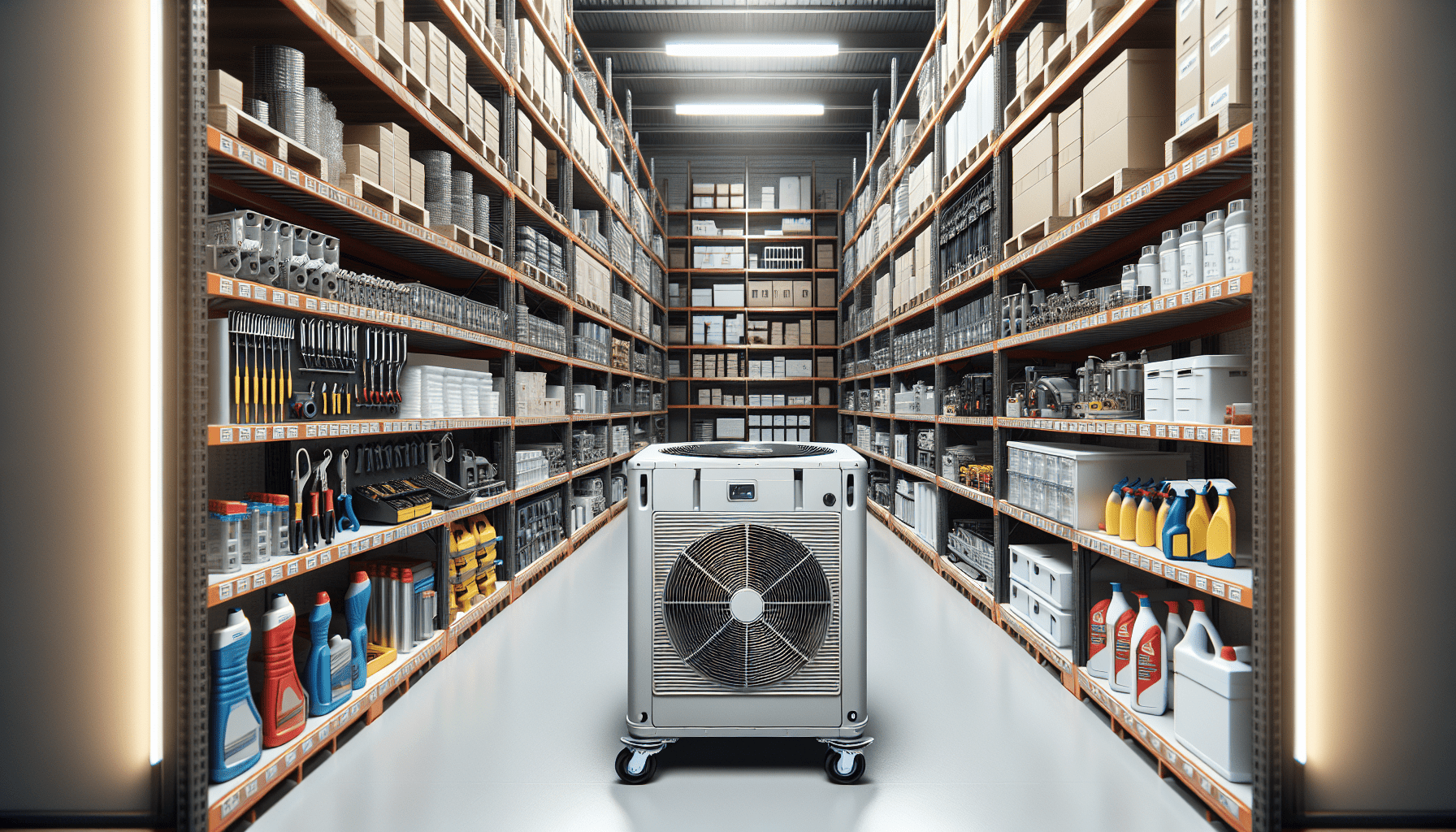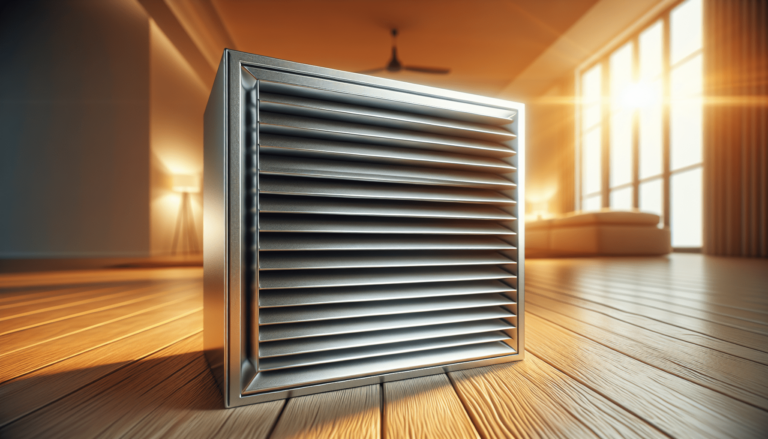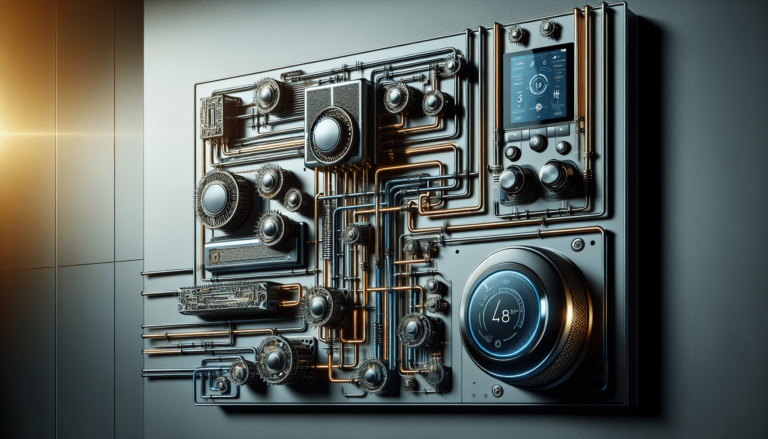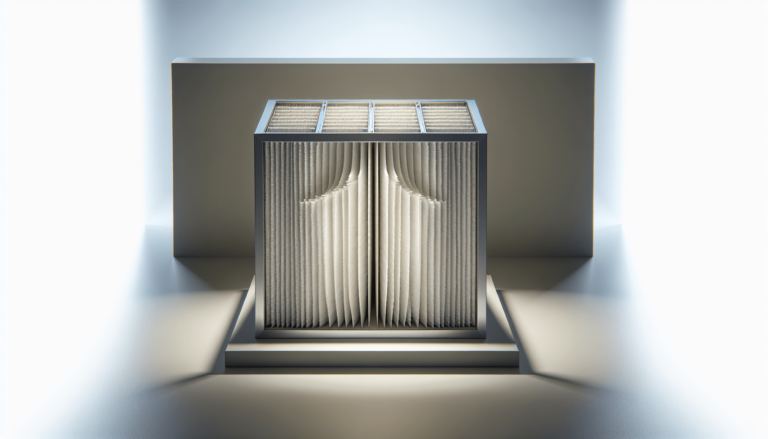

HVAC Services
Get Professional Repairs From The Area's Trusted HVAC Technicians. Ask About Our Services! We Offer Professional Heating & Cooling System Repairs And Guarantee Long-Lasting Results.
Got Question? Call us: (850) 678-2665Financing
Best Practices For Storing Portable HVAC Units
Learn the quirky art of storing portable HVAC units properly. This guide ensures your trusty climate machine stays efficient, avoiding costly repairs or damage.

Do you often find yourself puzzled about how to store your portable HVAC unit when it’s not in use? These mighty machines bring you comfort and relief during scorching summers and chilly winters. However, when the job is done, figuring out where and how to store them can be a challenge. By the end of this guide, may you never again find yourself staring at your HVAC unit, scratching your head, unsure of the correct steps.
Why Proper Storage Matters
Storing HVAC units correctly is crucial. Why, you might ask? Without proper storage, these units might not work efficiently or might break down entirely. Proper storage helps your unit last longer, saving your hard-earned money in repair and replacement costs. Thus, a small investment of time and effort in storing your unit properly can pay off significantly in the long run.
Avoiding Damage
The journey from perfectly functioning to surprisingly defunct can strike faster than you think. Improper storage can lead to several issues, such as motor damage or electrical problems. You don’t want parts of your unit rusting or getting clogged with debris, do you? Ensuring that each piece is intact and undamaged is essential for the prolonged life of your HVAC unit.
Maintaining Efficiency
Storing your unit correctly preserves its efficiency. A well-maintained unit will cool or heat your home more effectively, ensuring comfort all year round. By following best practices in storage, you ensure that the unit is ready to perform at its best once needed.
Steps to Prepare Your Unit for Storage
Before your HVAC unit hibernates in the corner of your garage, there are essential steps to consider. Think of it as a checklist to ensure that everything is in order.
Thorough Cleaning
Begin with a thorough cleaning. Dust or grime on your unit is like the vampire of performance. It can sap efficiency and lead to damage. Clean both the interior and the exterior. Vacuum any dust from the vents, and wipe down the surfaces with a soft cloth. If you’re asking yourself why, particles left unchecked can find their way into the unit, potentially causing damage.
Drain the Water
Next, you need to drain any water from the unit. Many portable HVAC units have a reservoir for collecting moisture. Allowing water to sit can lead to unwanted mold growth and can damage the internal components. Ensure the reservoir is empty, and if possible, leave it open to air out.
Filter Checks
Before storage, check your HVAC unit’s filters. Cleaning or replacing them ensures that they’re ready for action when the unit comes out of storage. A clean filter promotes better air quality and efficient operation. This step might seem easy to skip, but it can have a significant impact on your unit’s performance.
Duct and Hose Inspection
Inspect all ducts and hoses. Look for any cracks or damage that could have occurred during use. Even tiny cracks can lead to inefficiency and increased energy costs. Repair or replace anything that seems amiss to ensure everything is airtight.

Ideal Storage Conditions
Now you might wonder, where should you place your unit after all this preparation? Not just anywhere, my friend. The environment can affect your unit just as much as its usage.
Cool and Dry Location
Always store your unit in a cool and dry place. Humidity can lead to rust and other unwanted developments. Basements and garages often make excellent storage spaces, provided they aren’t excessively damp. Consider a dehumidifier if moisture is an issue in these areas.
Elevate Off the Ground
Keeping the unit elevated off the ground protects it from potential flooding or contact with dirt and pests. Place the unit on a shelf or use blocks if needed. This small step can shield your HVAC unit from a host of potential hazards.
Cover Your Unit
Covering your HVAC unit protects from dust and accidental knocks or scratches. A basic cloth or purchased cover provides a good layer of protection. Avoid using plastic covers, as they can trap moisture, leading to unwanted mold or mildew growth.
Seasonal Considerations
The changing seasons are as inevitable as paying taxes, but they also dictate how you should store your HVAC unit. Tailoring your storage practices to the season can ensure its longevity and efficiency.
Winter Storage Tips
During the colder months, your HVAC unit might be off duty if you prefer to hibernate under a mountain of blankets. Before tucking it away, ensure all water has been drained to prevent freezing and potential damage. Wrapping hoses or cords prevents them from cracking in the cold.
Summer Storage Tips
Perhaps your portable HVAC unit isn’t required during the balmy summer months. Ensure it’s stored in a shaded area to prevent overheating. Direct sunlight can be harsh, potentially damaging outer components.

Maintenance Checks While in Storage
Out of sight shouldn’t mean out of mind. Checking on your stored unit occasionally can prevent surprises when it’s time to use it again.
Regular Inspection
Regularly inspect your unit while it’s stored. Look for any signs of damage or pest activity. Catching issues early means they can be addressed before they turn into significant problems.
Cycle Your Unit
Consider running your unit once every few months. This brief operation keeps the internal parts moving and prevents them from seizing up or getting stuck. It’s like taking an old car for a quick spin to keep it in shape.
Conclusion
Your portable HVAC unit is a valuable ally in maintaining a comfortable home atmosphere. By following these best practices for storage, you ensure it remains efficient and functional for years to come. As a reward for your diligence, your unit will be poised and ready whenever you need that perfect climate control. And should you find yourself in doubt, ensure you’re sparing no detail for the comfort of your home.
For expert help and HVAC services, feel free to reach out to Tempacure Heating and Air Conditioning. They are always ready to assist with any of your HVAC needs. Contact them at (850) 678-2665 or visit Tempacure HVAC for more information.
Remember, a little care goes a long way in keeping your space comfortable. Who knew taking care of your HVAC unit could be so fulfilling?







